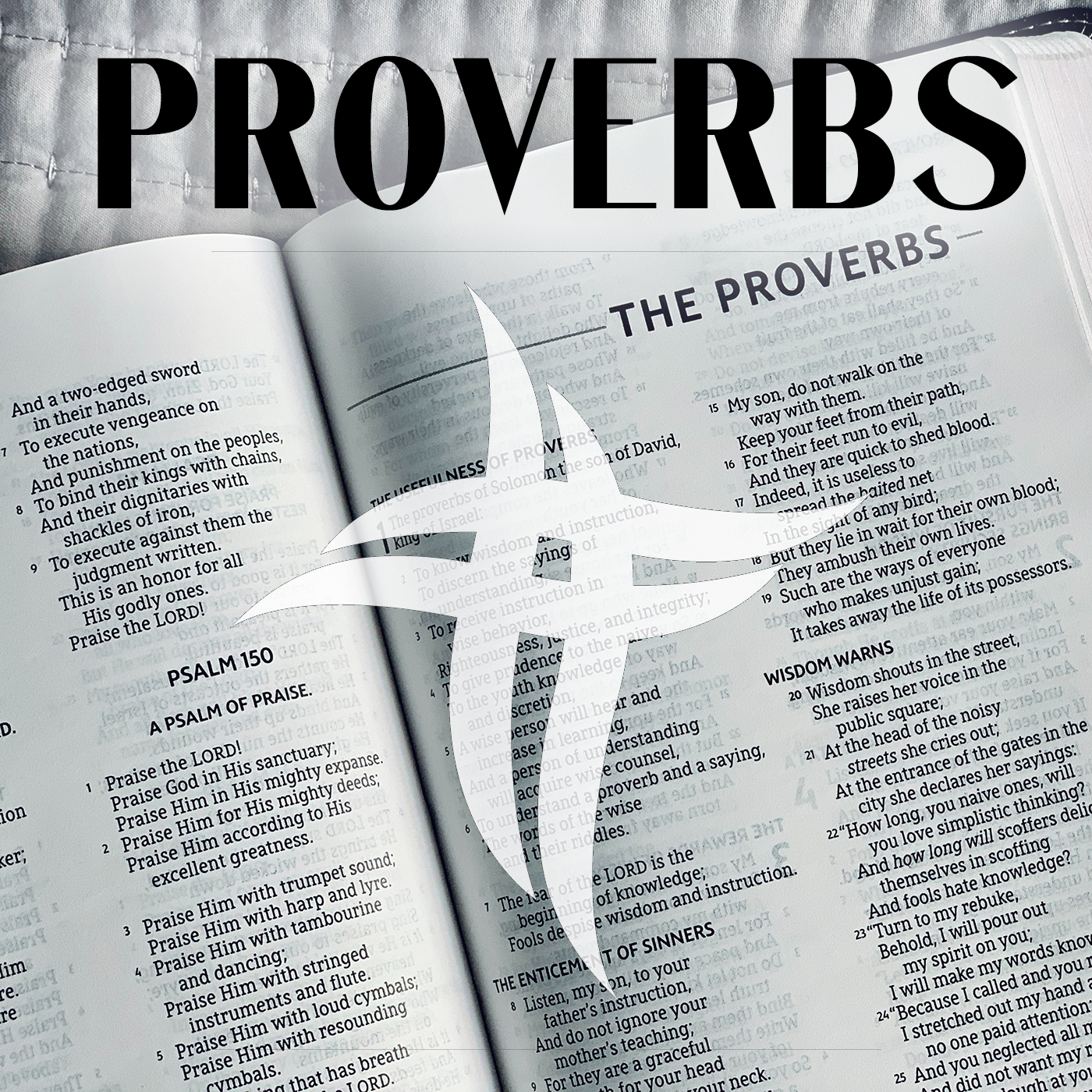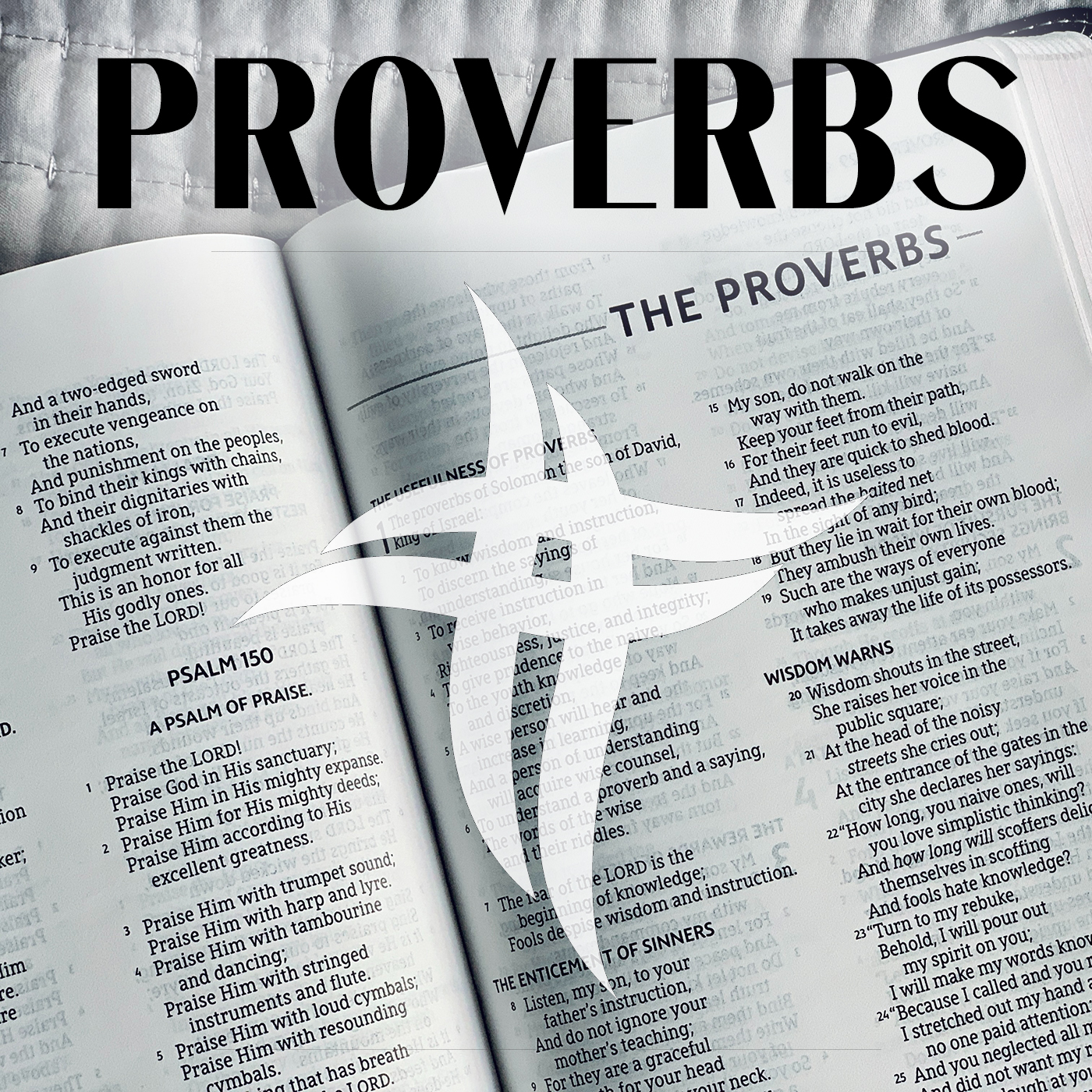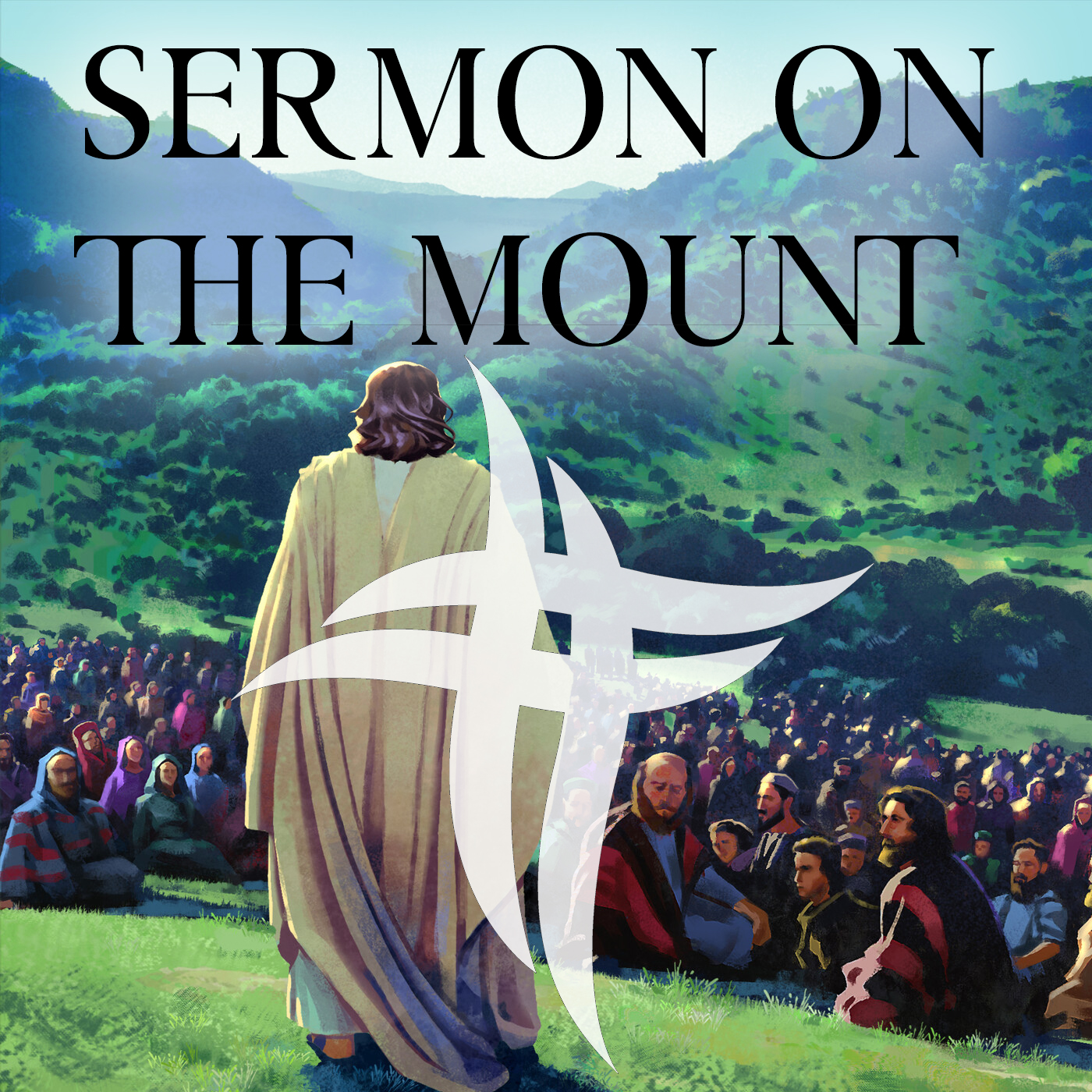Show Notes
Years ago, on a trip to southern Saskatchewan, we travelled across the country looking at maps. For all the younger crowd, this was before GPS. Patty, my wife, pointed out that we had probably missed our connecting highway, but I was convinced that if we had, we were on a shortcut and would tie into another connecting route further south, saving us time and mileage as we were cutting cross-country.
I suddenly realized that we were in trouble when the road we were travelling on became a dirt road, with grass growing up in the center, and we had just driven over a Texas gate crossing. It wasn’t long before we turned around in front of a farmer’s house, heading back the way we came. The shortcut was a dead end. What is true in travelling on a road to a destination is equally valid in our life journey. Often, what we consider a faster means of reaching a goal is a moral dead-end, leading to significant relational losses.
In these additional sayings of the wise found in Proverbs 24:23-34, we see three practical expressions of wisdom from the ‘Further Sayings of the Wise.’ All of them affect both ourselves and others. These powerful signs or markers guide us in making healthy moral decisions needed in various areas of life. Many tragedies happen when injustice is pursued at the highest levels of life; from showing partiality in the court system, which undermines social stability, to having honest personal communication with others, and finally to having a proper work ethic. These are all essential elements in maintaining a healthy society, which, in turn, fosters emotional and mental health in the lives of people. So, how do we handle life’s injustices? How do we deal with dishonesty? What is the right response to helping others take personal responsibility in providing for their families? Wisdom speaks powerfully to these issues.






